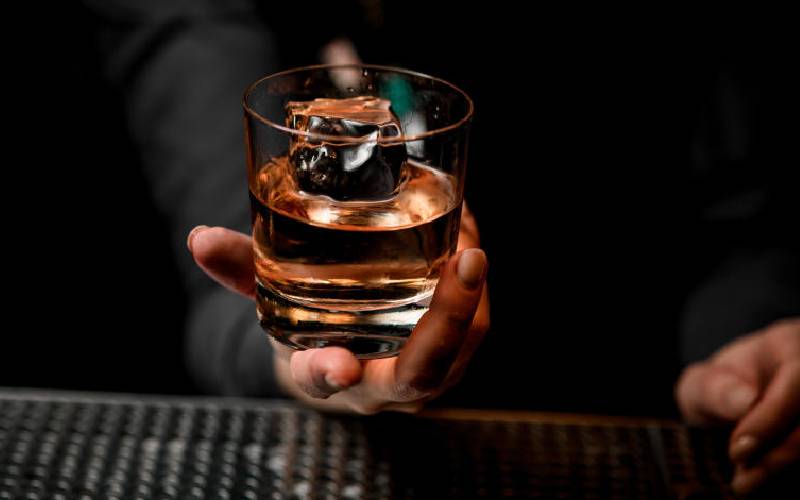×
The Standard e-Paper
Fearless, Trusted News

Gin contributed five per cent of Diageo’s reported net sales in the period between July and December 2021. [Courtesy]
The Gin revolution in Africa was driven by the prodigious consumption of Gilbey’s in Kenya.







